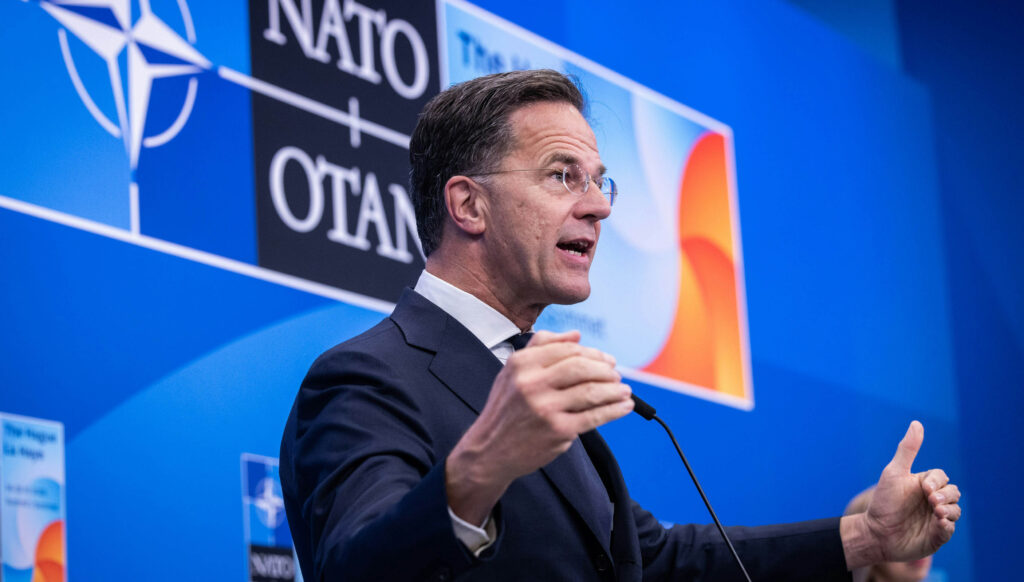THE HAGUE (Realist English). NATO Allies signed a series of new multinational defence cooperation agreements on Tuesday during the Defence Industry Forum held at the NATO Summit in The Hague. The initiatives aim to expand defence production capacity, secure critical supply chains, and accelerate the adoption of emerging technologies to meet NATO’s enhanced deterrence and defence targets.
In a significant move, 12 Allies — Belgium, Canada, Denmark, Germany, Greece, Italy, the Netherlands, Norway, Poland, Sweden, Türkiye and the United Kingdom — agreed to jointly acquire, store, transport, and manage stockpiles of critical defence raw materials such as lithium, titanium and rare earth elements, including through recycling.
This High Visibility Project is designed to ensure secure and sustainable access to materials essential for NATO’s defence industries, while also reducing dependency on external suppliers and exposure to supply shocks. The initiative is a key component of NATO’s Defence Critical Supply Chain Security Roadmap, endorsed by Defence Ministers in 2024.
New aircraft, innovation zones, and global partnerships
The Multinational Multi Role Tanker Transport Fleet (MMF) programme also expanded, with Denmark and Sweden officially joining the initiative. The NATO Support and Procurement Agency (NSPA) signed a contract with Airbus Defence and Space to purchase two additional A330 MRTT aircraft, bringing the fleet total to 12. Originally launched in 2012, the MMF programme enhances Allied air-to-air refuelling, strategic lift, and medical evacuation capabilities, and is a leading example of NATO–EU collaboration.
In the innovation domain, Estonia, Finland, Italy, Latvia, the Netherlands, and Sweden announced the launch of NATO’s first Innovation Ranges — operational testing grounds for new military technologies. These ranges support NATO’s Rapid Adoption Action Plan, which is expected to be formally adopted by Allied leaders and is aimed at speeding up integration of dual-use and cutting-edge technologies into defence systems by engaging non-traditional suppliers.
NSPA’s governing body, the NATO Support and Procurement Organisation (NSPO), also signed a new partnership agreement with Australia, giving Canberra access to NATO acquisition, logistics, and systems support services. This marks a deepening of transcontinental cooperation between NATO and key Indo-Pacific partners.
Since January 2025, NSPA has concluded framework contracts worth €4.7 billion for critical munitions sourced from across the Alliance — a sign of growing industrial mobilisation across NATO’s supply base.
These multinational agreements reflect NATO’s pivot toward collective procurement, agile innovation, and supply chain resilience. By jointly investing in shared capabilities and critical materials, Allies are not only improving military readiness, but also sending a strategic message: the defence of Europe — and the credibility of NATO deterrence — increasingly depends on synchronized, transatlantic industrial power.
